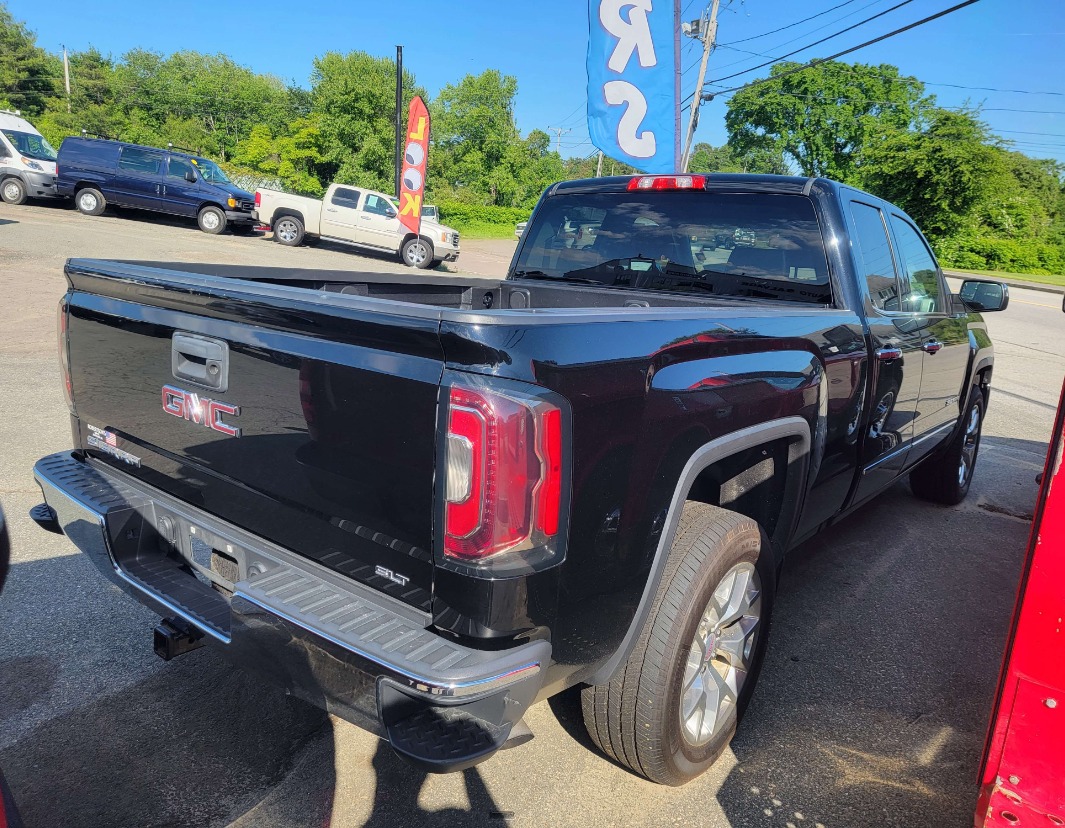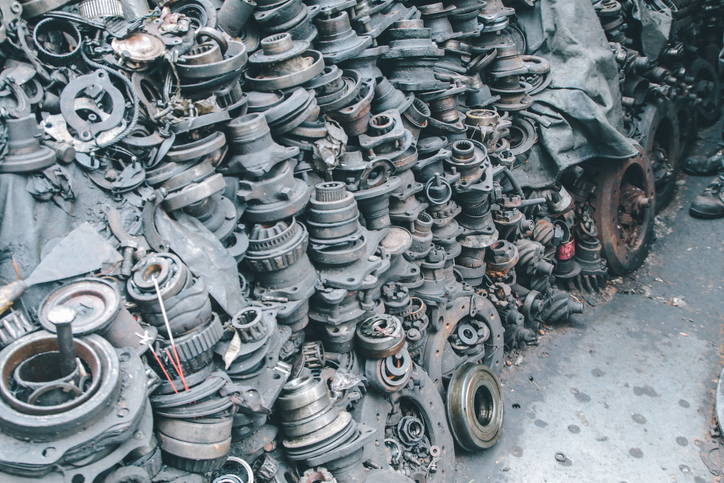10 Facts About Automotive Recycling
June 14, 2022
Four Used Vehicles Priced Under $40,000
July 28, 2022The automotive recycling industry is in a constant state of flux. Supply chain issues are affecting new car production, affecting the used car parts industry, which in turn affects the recycling of automotive parts.
Troy Webber, chief executive officer of Chesterfield Auto Parts in Richmond, Virginia, said the most significant issue his company is facing right now is market volatility.
“It used to be that you could predict the market to some degree based on seasonal changes and annual market trends. That predictor has been gone for some years now,” Webber said. “The markets are being affected by global issues more than local and domestic factors like supply and demand.”
Political issues around the globe, worldwide shipping shortages, and shifting policies in foreign governments are also making it more expensive to do business.
“When the scrap price gets as high as it was earlier this year, we struggle to obtain cars. While we make more on the vehicles, the cost of goods increases as well,” Webber said. “This is because anyone with a tow truck can take vehicles directly to a scrap yard and make a lot of money.”
Chesterfield Auto Parts is a vehicle recycling business more than an auto parts business. The majority of the company’s revenue comes from recycling the cars, not selling their parts. The business makes money by moving vehicles through the process and generating scrap metal.
“The process is a well-oiled machine that needs vehicles to continue operating. If we don’t get new inventory, we can’t generate the scrap that we sell to buy more inventory,” Webber said. “We also operate at about a 60 to 90-day differential between when we buy the inventory and when we have realized all of its potential income. The vehicles we pay for today, may not generate a profit for three months. With the market as volatile as it has been, the price of a commodity could change a lot over the course of three months.”
The Converter Issue
One issue that continues to plague the automotive recycling industry is the continuing problem of catalytic converter theft. Unfortunately, catalytic converter theft affects auto recyclers because the catalytic converter is the most valuable commodity recyclers sell. In fact, sometimes the converter can be more valuable than the rest of the scrap from the combined parts of the entire vehicle.
“As the price of converters increases, tow companies and individuals will remove the converter and sell it separately before they sell the car to an auto recycler,” Webber said. We must be extra vigilant not to buy a vehicle with the most valuable part missing, the catalytic converter. It also affects the pricing for us in order to be completive. For example, if we offer a customer $500 for a junk car, and they know they can sell just the catalytic converter for that much, it is a hard sell.”
It also makes an auto recycler’s operation a huge target for thieves. When new cars come in, the team at Chesterfield Auto Parts, for example, ensures they are very tightly packed into the holding lot to make it difficult to get under the cars.
“We also make sure that every single converter is taken off the cars before they are made available to the public,” Webber said. The converters also are stored in tamper resistant containers in an alarmed warehouse with internal and external cameras for security.
“The most effective way of protecting the catalytic converts is to sell them fast. We don’t hold onto large quantities, we keep them moving,” Webber said. This is why some automotive recyclers, including Chesterfield, do not buy converters from anyone because it is dangerous and prone to fraud.
Recycling of EV Components
The topic of electric vehicles is frequently bandied about these days within the automotive recycling arena. Electric vehicles are beginning to have a significant impact on the recycling industry.
According to Ryan Melsert, chief executive officer of American Battery Technology Company, consumer interest and purchasing in EVs has risen dramatically. “EV global sales were up 113 percent in 2021 compared to 2020 sales, and more than 52 percent of global car buyers are interested in purchasing an EV. The demand for EVs is continuing to trend up with global sales of electric cars rising strongly in 2022, with two million sold in the first quarter, up 75 percent from the same period in 2021,” Melsert said.
The sharp increase in demand for EV vehicles means an increased demand for EV batteries and the battery metals that go into them. This is creating opportunities to innovate and challenges for battery recyclers.
“The batteries in the vehicles are dangerous so that poses multiple hazards for auto recyclers,” Webber said. “When these vehicles come in, we have no way of knowing the condition of the high-voltage battery, especially when the vehicle is wrecked. The battery must be removed before processing.”
This Article Originally Appeared on AmericanRecycler.com

